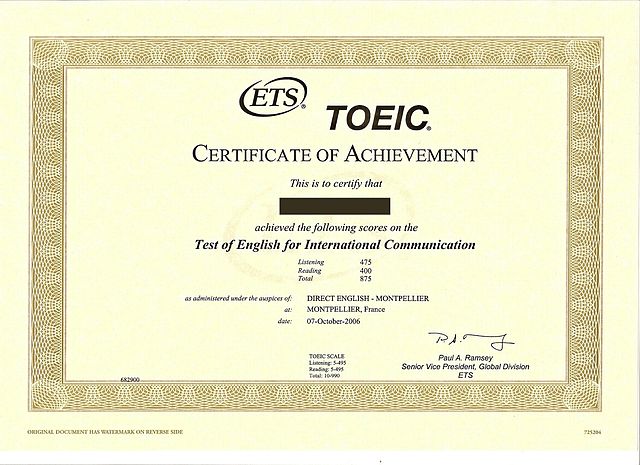Certificate vs Diploma
Understanding the differences between a certificate and a diploma is essential when choosing the right credential for your educational and career goals. Both certificates and diplomas are awarded by educational institutions and training schools to individuals who successfully complete a course. To obtain either qualification, a student must meet the course requirements. Many people mistakenly use the terms interchangeably, but there are distinct differences between them. This article highlights the features of both diplomas and certificates to help students make informed decisions about their education and career paths. Keep in mind that both types of courses add value to your skill set, but they differ in nature.
Key Takeaways
- A certificate is a document awarded upon completion of a course of study not leading to a diploma; it typically focuses on one specific skill set or area and does not provide a broad overview of a field of study.
- A diploma is a document issued by an educational institution (such as a college or university) certifying that the candidate has successfully completed a particular course of study, providing more in-depth knowledge and longer duration than a certificate program.
- When it comes to employability, diplomas are generally more accepted than certificates, as they demonstrate extensive knowledge in a field.
What is a Certificate?
A certificate is a document awarded to a person upon completion of a course of study not leading to a diploma. Certificate programs are typically specialized in one particular skill set or area and do not provide a broad overview of a field of study. Certificates are a good source of career advancement for those who already have a degree and work experience in their field. For example, if you have a bachelor’s degree in accounting and relevant work experience, you may choose to complete a short course in forensic accounting to earn a certificate and strengthen your career path. A certificate builds upon your existing qualifications and enhances your skill set in your chosen field.
What is a Diploma?
A diploma, as defined by the dictionary, is a document issued by an educational institution (such as a college or university) certifying that the candidate has successfully completed a particular course of study and has earned the diploma. Diploma courses are more in-depth and longer in duration than certificate courses. Though less valuable than a degree, diplomas offer more knowledge and are generally considered more valuable by employers than certificates. Diplomas can even help a person change their profession. If you are dissatisfied with your current profession and don’t have the time to complete a regular degree course, a diploma course might be a suitable alternative. In the U.S., students who complete their 10th-grade examinations are awarded high school diplomas. However, adults who were unable to pass their high school exams can later earn a General Education Development (GED) diploma, which is considered equivalent to a high school diploma.
What is the difference between Certificate and Diploma?
Diplomas and certificates are awarded by educational institutions to students who complete a course of study. These documents certify that the candidate has successfully completed the course but differ in a few key aspects:
- Certificates are issued across all domains, including academics, while diplomas are awarded only by educational institutions.
- Diplomas provide more in-depth knowledge of a field of study and are longer in duration than certificates. Certificate programs are typically specialized in one particular skill set or area and do not provide a broad overview of a field of study.
- Diploma fees are usually higher than certificate fees due to the broader scope and longer duration of diploma courses.
- When it comes to employability, diplomas are more widely accepted than certificates because they demonstrate extensive knowledge in a field, whereas certificates indicate a more limited understanding.
It can be confusing when some educational institutions label their certification programs as diplomas. In such cases, it is crucial to research the value of the course in your chosen field before pursuing it. Additionally, consider the duration, fees, and coursework when deciding whether to enroll in a particular program.
